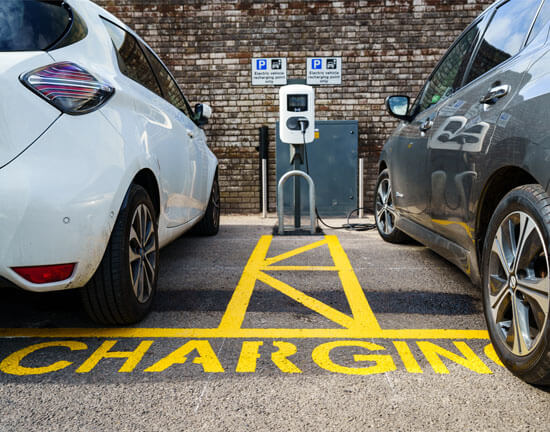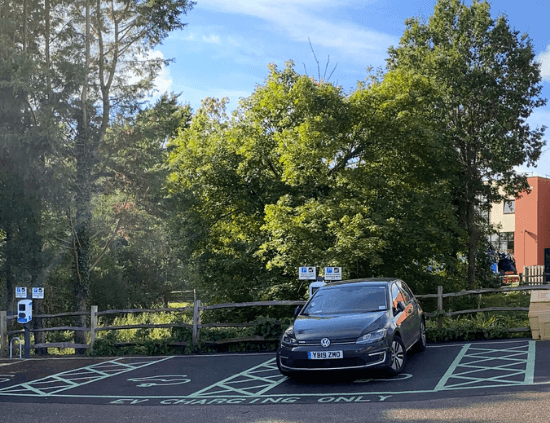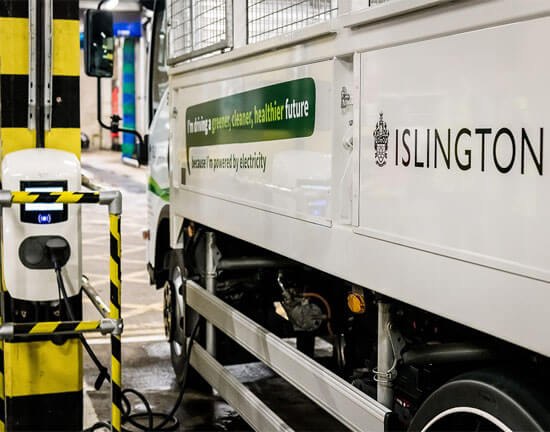Solar schools and community buildings in North Lincolnshire
Project Highlights
- 14 schools and colleges, a community hub, a museum and a community council building have solar installed so far, with more projects in the pipeline
- 3,441 panels
- 1,402.175 kWp
- 1101618 kWh generated every year
- 68 tonnes of CO2 saved per year.
Background
North Lincolnshire Community Energy (NLCE) installs community-funded solar panel systems on schools, colleges, and other community organisations, free of charge, by combining central government grants and community shares.
NLCE has been set up with support from a Town’s Fund grant to North Lincolnshire Council. Our Joju Solar team carries out the installations, and helped develop a community match funded proposal through Energy 4 All.
The mission
What has North Lincolnshire set out to achieve through the installation of solar? Here are some of the key aims:
- To drive the area forward to be net zero by 2030, reducing carbon emissions
- To bring local people/organisations together to tackle climate change
- To accelerate the availability of renewable energy in the area
- To reduce energy costs for community/educational settings, enabling more funds to be prioritised on resources
- To cut electricity purchased from the grid
- To provide significant educational opportunities for schools, colleges and other sites that have solar installed.
- To be run by local people and be the driving force for enabling a greener future.
The detail
At the 17 sites we’ve installed so far, we’ve largely used Canadian Solar panels for the installs. We’re testing Meyer Burger panels at John Leggott College for learning purposes, so the performance difference can be studied.
Inverters are Solis and the mounting systems depend on specific site conditions. They include Van der Valk, Esdec, Renusol, and Schletter.
Social value
The solar electricity generation, cost reduction and CO2 reduction results are impressive, but installing solar in North Lincolnshire is about much more. There’s a genuine focus on the value of learning opportunities for community benefit.
NLCE, North Lincs Council and Joju have run a series of environmental workshops at schools and colleges, to speak with pupils about their solar installations, the benefit to schools and North Lincolnshire communities, and about the wider topic of sustainability. It’s exciting to see first-hand that the young people involved have a real understanding of the issues. They are keen to support the environment and are excited that the sun is powering the clean energy generated by the array on their school roofs.
The social benefit to schools and colleges and, by extension, to the North Lincolnshire community has been invaluable. As Ben Lawrance, Head Teacher of Frederick Gough School, put it:
“We are absolutely delighted to be part of the North Lincolnshire Community Energy project. Not only will it save us money on our energy bills which will mean we can spend our savings on resources for the children in our school, we will also be contributing clean energy to the community to help ensure the planet is habitable for future generations of Frederick Gough pupils to come. The visual of the panels on our roof will also serve as a good reminder for school and wider community members of the need of us all to do our bit to protect the planet”
Events and awards
A series of free, interactive community events are also being run. These activities invite the wider community to discover more about the benefits of solar energy and to focus on sustainability topics, whilst experiencing family fun and positivity.
Our Joju team has also provided free energy advice in community hubs.
The project has always been about bringing the community together and breaking down barriers. The events run have done exactly this, with hundreds of people across North Lincolnshire taking part.
The project also won the ‘Supportive Local Authority’ Award on behalf of North Lincolnshire Council, at the Community Energy England Awards 2023.
A testimonial for Joju
Nicolle Mitchell (Communities Investment and Delivery Officer) and Ben Atkinson, (Sustainability Manager) at North Lincolnshire Council had this to say about how we work together:
“Joju Solar have been instrumental in supporting North Lincolnshire Community Energy (NLCE) to roll out rooftop solar on Schools and Community Buildings in Scunthorpe. Joju always go the extra mile. They have engaged in social value activities with the community of North Lincolnshire by offering school assemblies and workshops, supporting North Lincolnshire Council’s (NLC) Discover and Green Future’s events and providing energy advice for residents in the area at NLC’s Community Hubs.
Joju Solar are honest, professional and diligent. They ensure all work is delivered to a high standard and liaise with the Project Team to ensure installations are delivered on time and within budget.
Thank you to the support of the full Joju Solar team, you have made this project a great success.”
We’d like to thank Nicolle and Ben for their kind words. The project is a true reflection of what happens when local communities are inspired to join together to tackle climate change, and we can’t wait to support the North Lincolnshire teams to install even more.
Further information
Discover more about solar panels for schools
Find out about the opportunities created by community solar
Check out more of our work with the public sector












